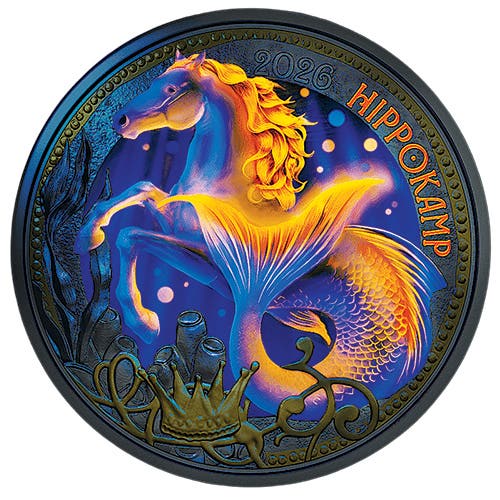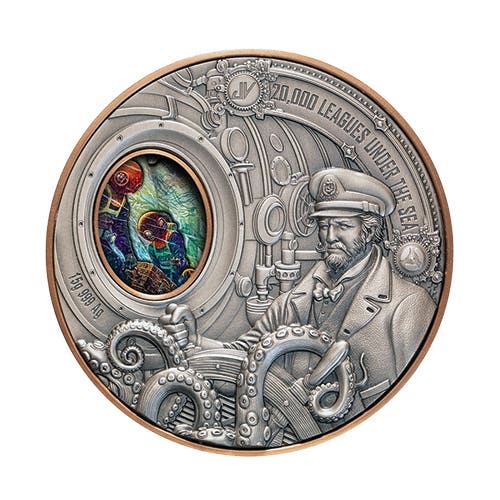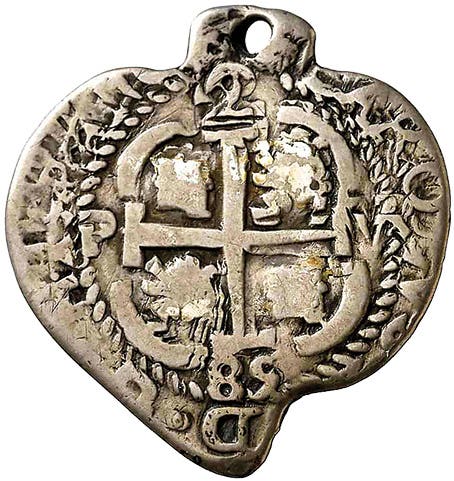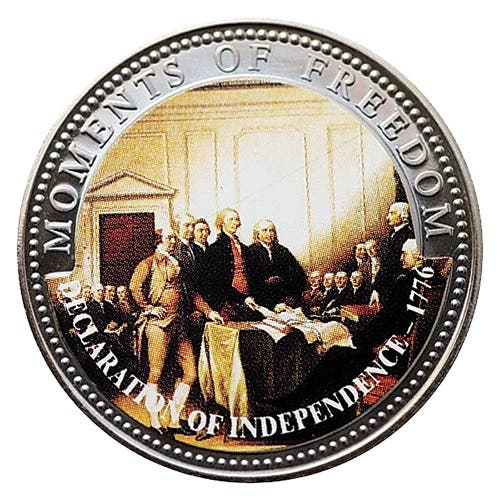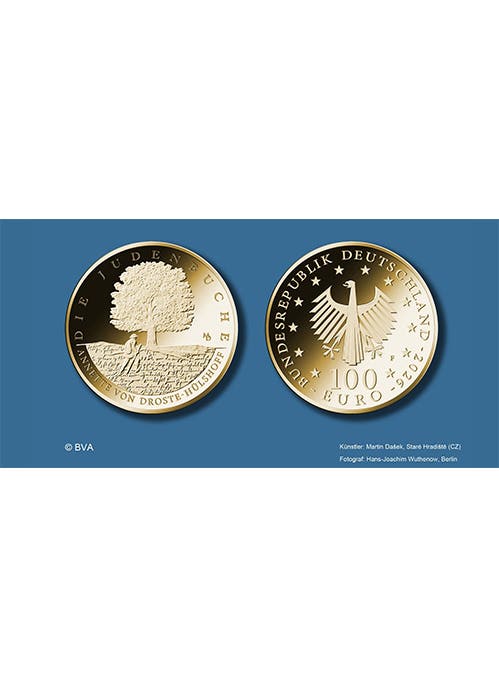Brexit Impacts Coins
The less than equitable separation between the European Union and the United Kingdom has impacted coins in more than one way. Likely the most obvious was the UK commemorative 50-pence…
The less than equitable separation between the European Union and the United Kingdom has impacted coins in more than one way.
Likely the most obvious was the UK commemorative 50-pence coin ‘celebrating’ the successful Brexit or British exit from the EU. Since the date of the exit changed due to ongoing negotiations, so did the date expressed on the coin. The Brexit exit date resulted in the British Royal Mint needing to destroy its initial stock of coins, then replace that stock with coins carrying the revised Brexit date. All coins dated 31 October 2019 were reported to have been scrapped, coins dated 31 January 2020 having replaced them.
Now comes the new normal. Collectors outside the UK purchasing coins from British dealers aren’t certain what will be the impact, but there will be consequences.
According to the December 19, 2020 Antiques Trade Gazette, “Exports from the UK into the EU will require customs clearance to leave. Then on arrival they will require customs clearance and will be subject to the duty and sales taxes in that country. For auctions held in the UK the sales tax on the buyer’s premium previously charged to EU buyers will now apply only to UK purchasers.”
The article continues, “If items are imported and the importer is not using the temporary import arrangements but wishes to use the margin scheme for such imported items, then import VAT is paid but cannot be reclaimed at the time of import; if they are subsequently exported then it can be re-claimed at that time.”
How collectible coins being moved between the UK and EU are to be handled was still not fully understood at the time this article was being written. Coins purchased within the UK to be shipped to EU nations were no longer able to be shipped at the five percent UK import Value Added Tax rate (VAT). Collectors in the EU receiving direct shipments are now required to pay import VAT when coins originate from the United States or from the UK, when a VAT is applicable.
According to the November 2020 issue of Fine Art Logistics (FAL), “Many art purchases are taxed according to the margin scheme. Put simply this enables the seller of ‘used’ goods to only pay VAT on the profit they make between their purchasing price and the final selling price. Goods currently bought in the EU under the margin scheme are treated as ‘VAT paid’ and therefore benefit from free circulation.”
FAL explained, “Any purchase in the UK that is exported to the EU after January 1 benefits from the so-called ‘zero rating’ of VAT, which means you pay zero VAT on the purchase. After the transfer, you can use bonded storage, such as Le Freeport, to benefit from an unlimited suspension of VAT. If you would rather import the artwork, you will only pay a reduced import VAT rate compared to the normal rates of VAT in most countries in the EU.”
In a January 6 statement Classical Numismatic Group said, “Ship coins from our US office via courier (either DHL or Fed Ex) to your home address. You would then pay your home country VAT through the customs declaration once the coins arrive.”
“Coins could be held in the US at our Lancaster office for pickup by you or a designated agent. We can also ship to other US addresses as long as you have designated someone to receive the coins for you. There would be no VAT applied for this shipping method.”
The statement continues, “Ship to the London office of CNG where you can pick the coins up. As above, we can also ship to other UK addresses as long as you designate someone to receive the coins. This would result in a five percent VAT as is required in the UK.”
CNG echoed the concern of many UK and EU buyers: “This is an evolving situation and we are looking at various distribution solutions. We obviously hope that coins may get an exemption at some point in the near future. For now, we are taking the cautious approach.”





